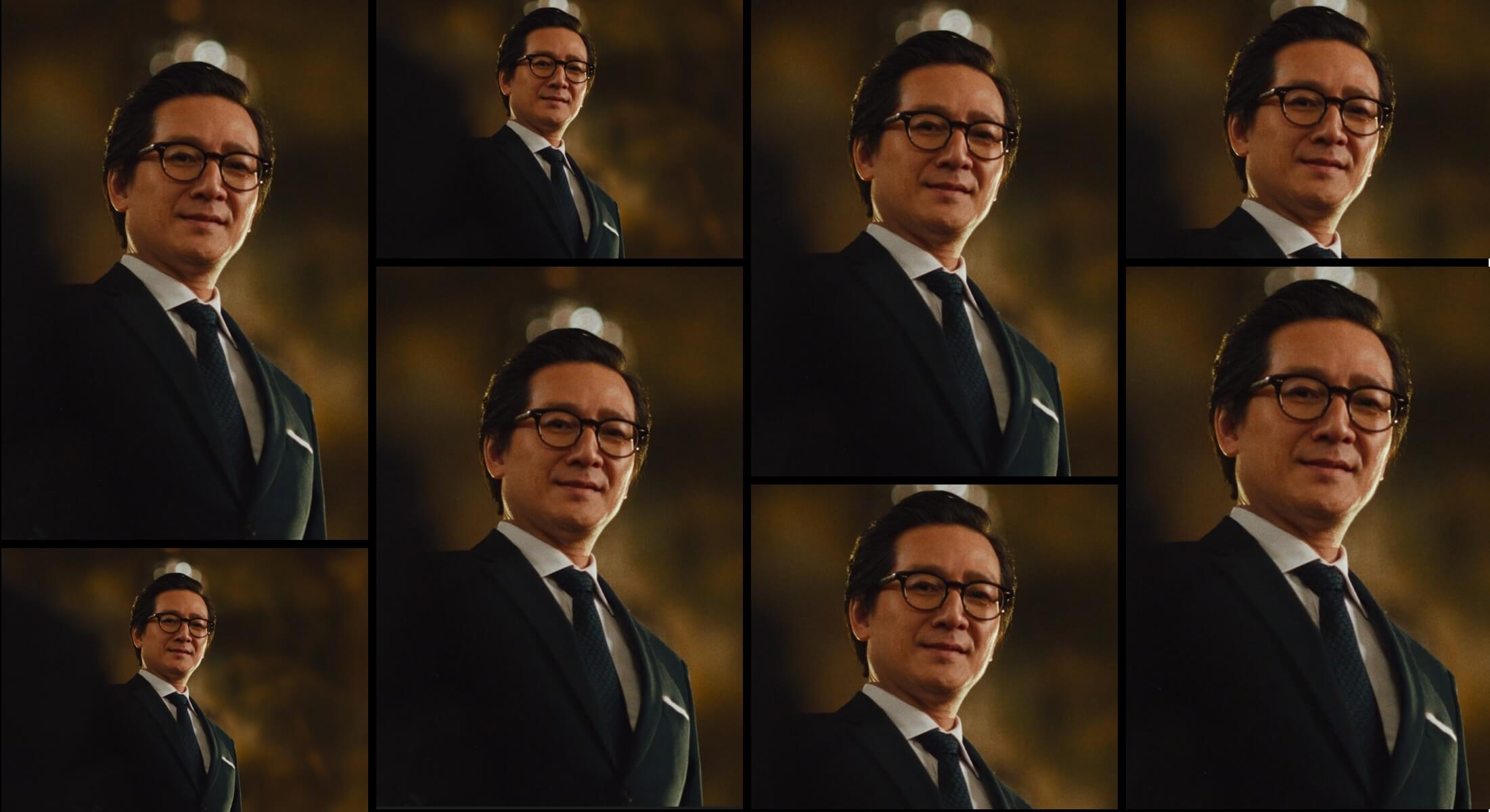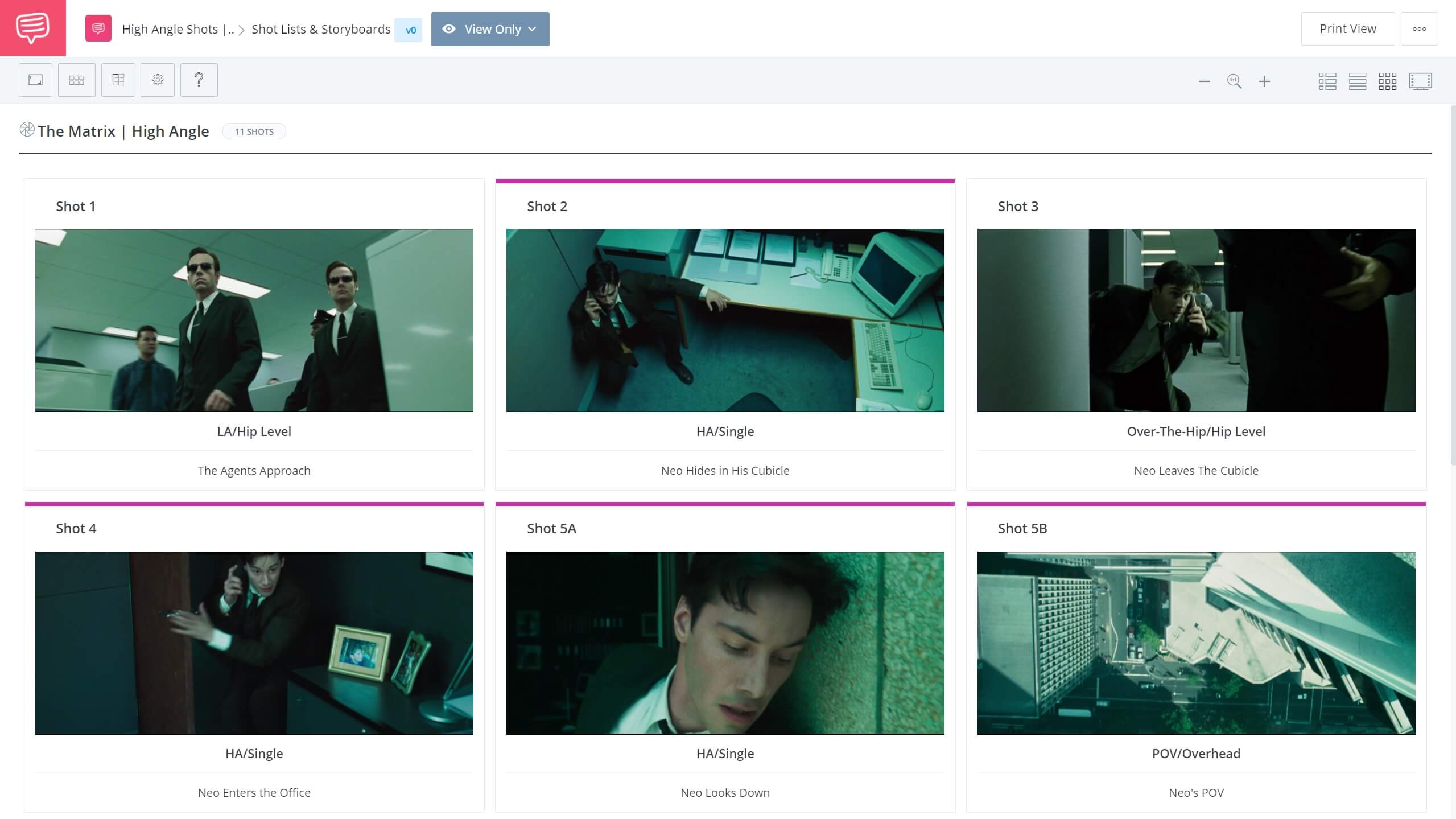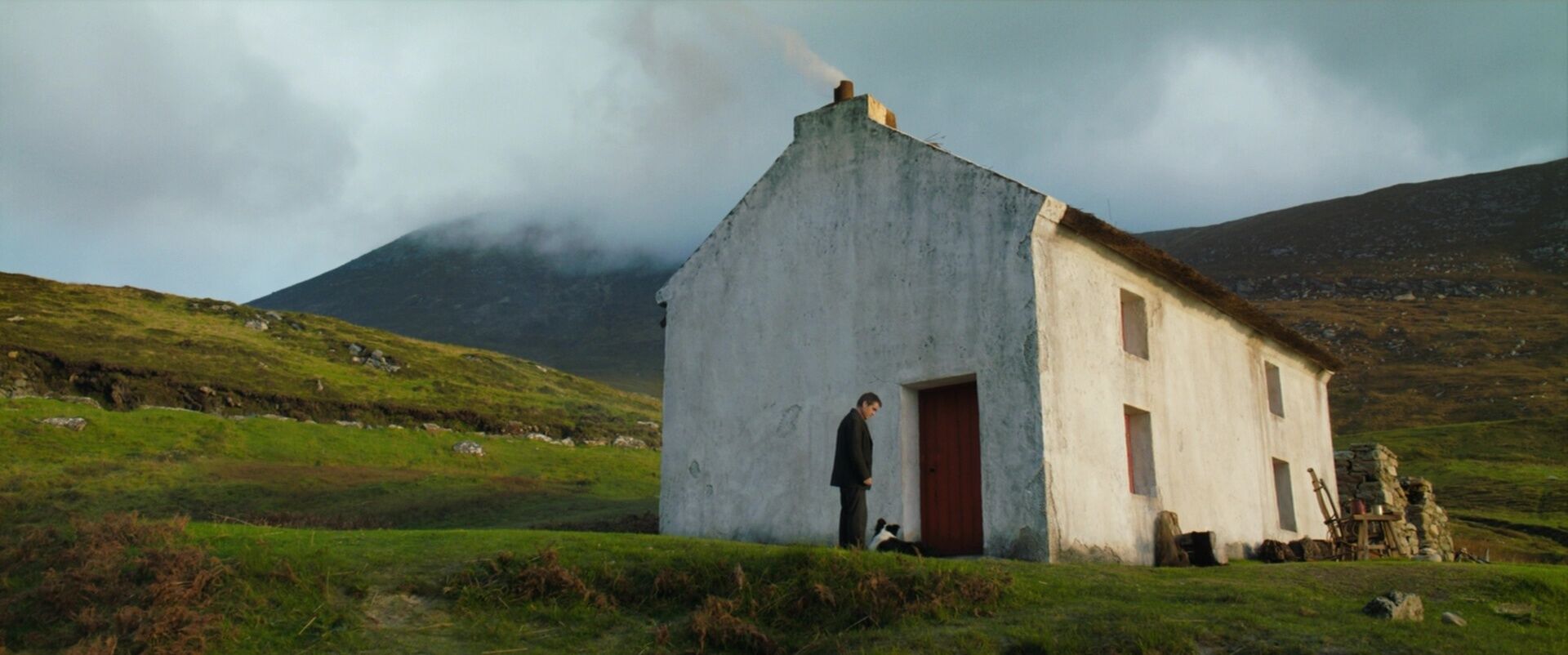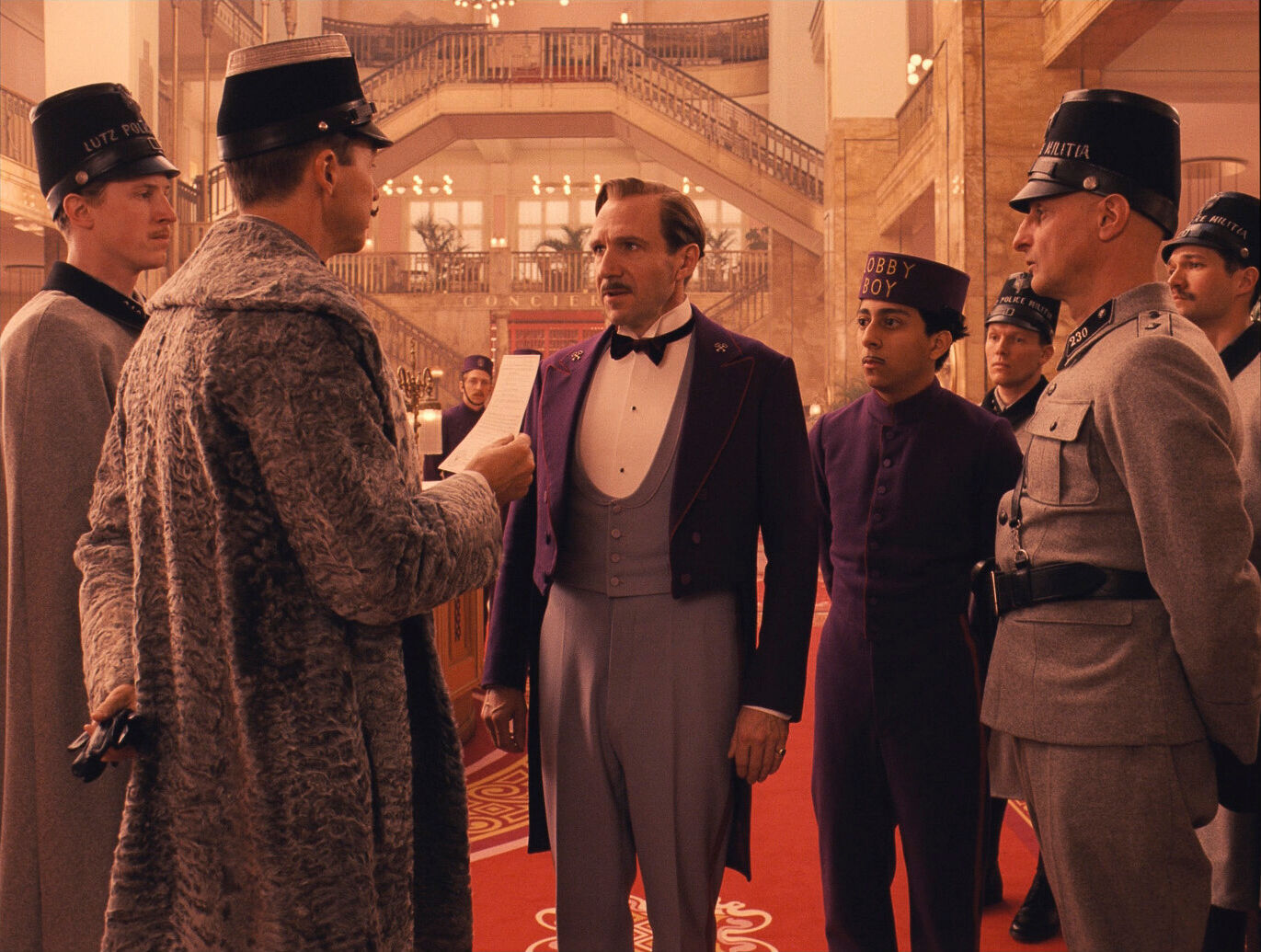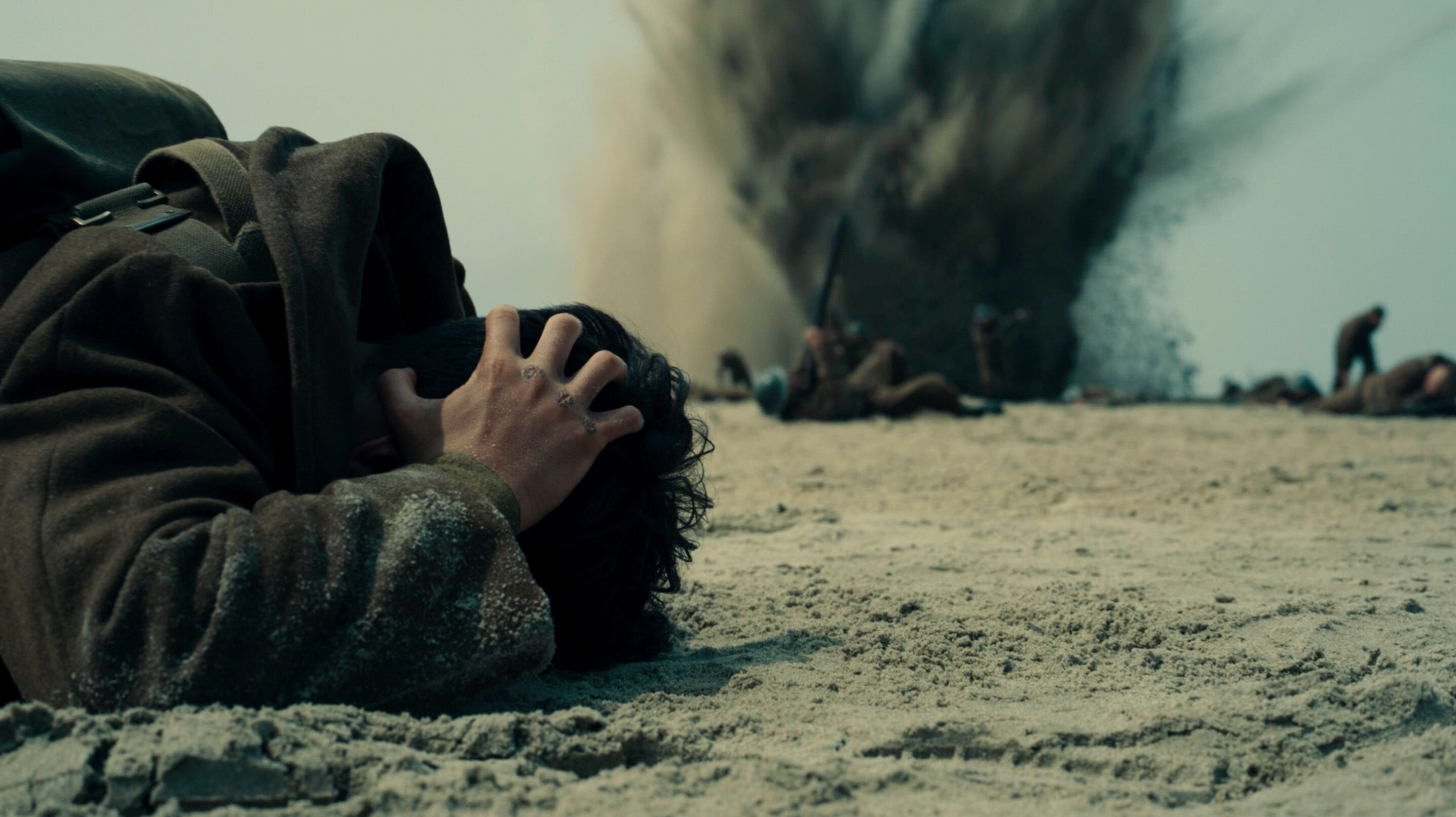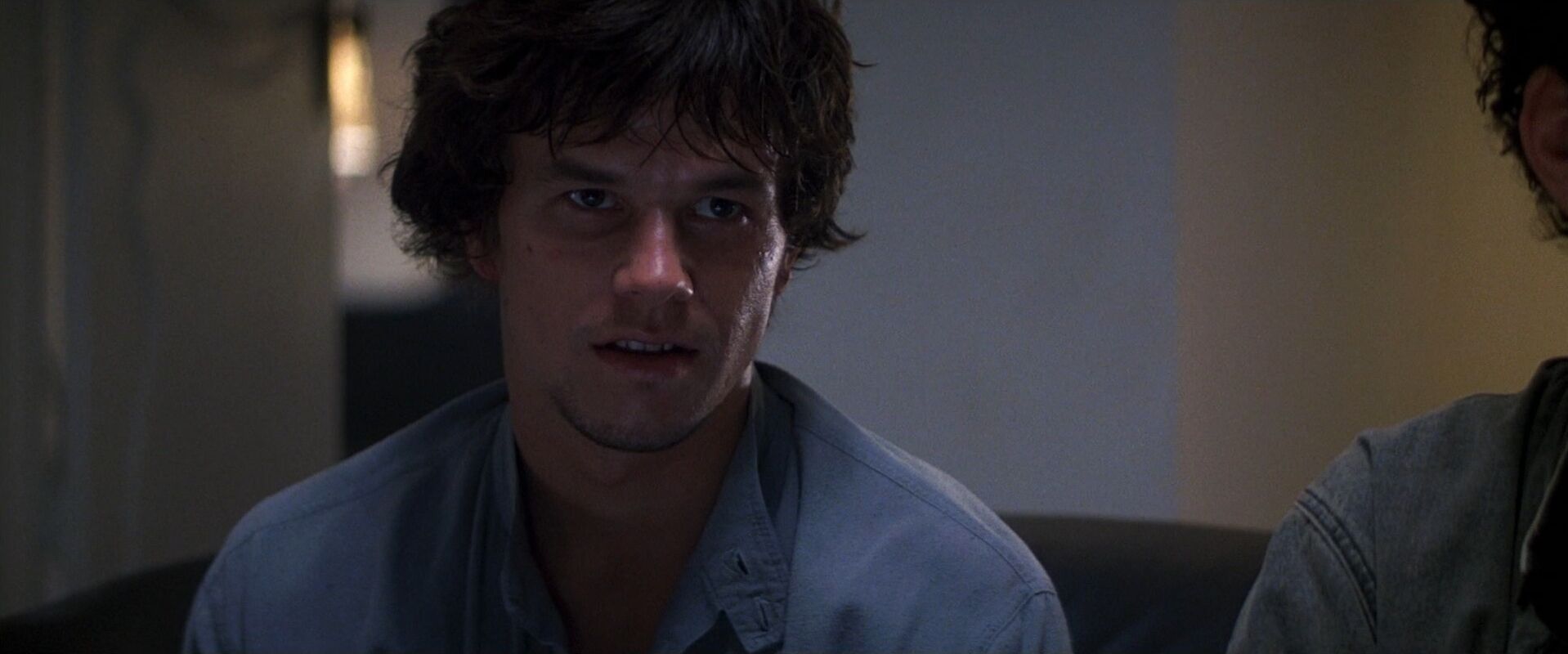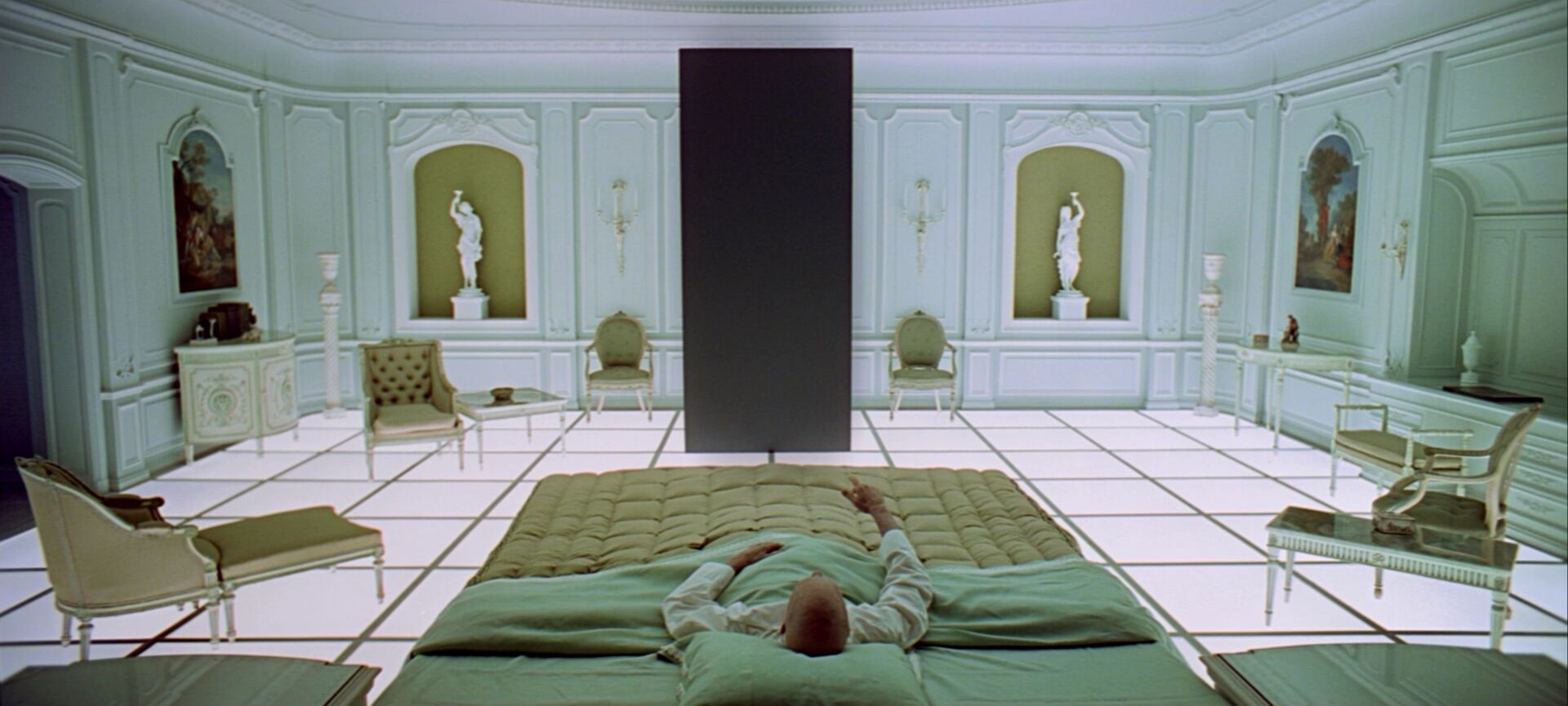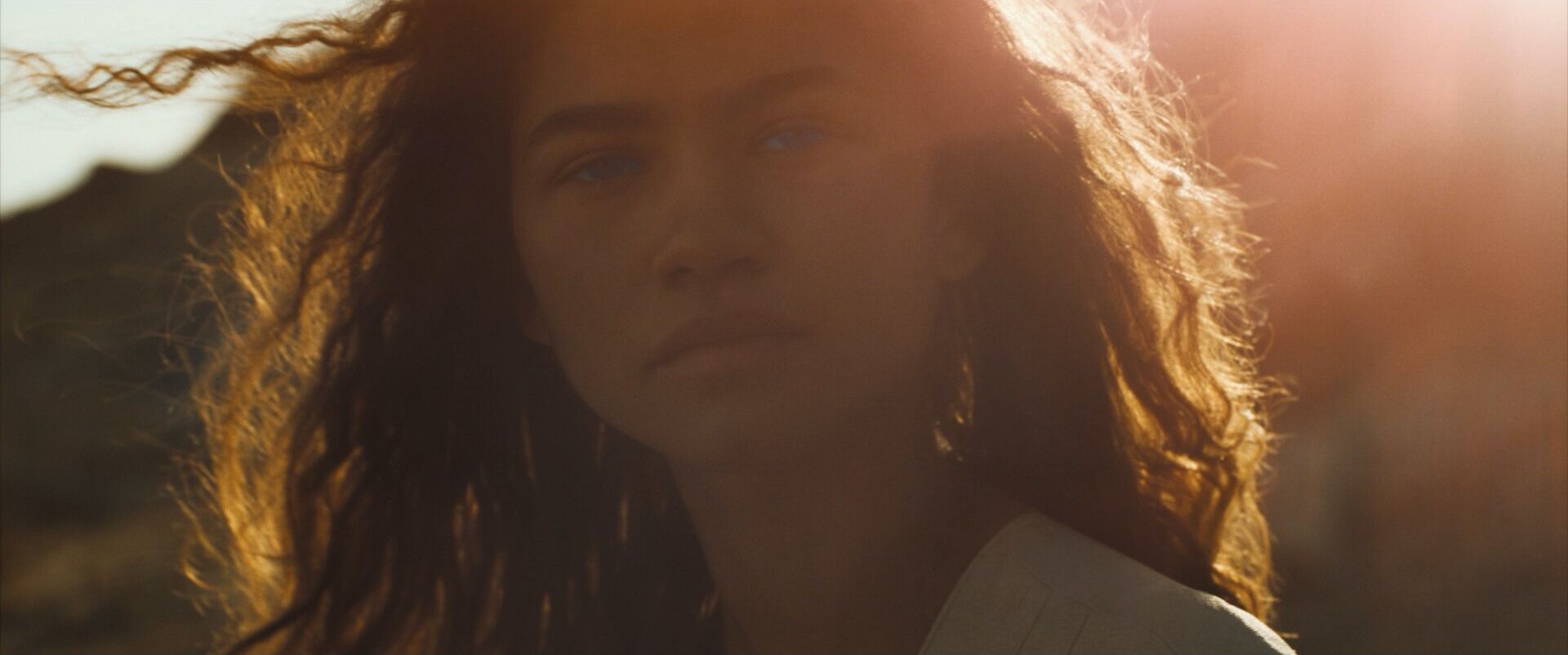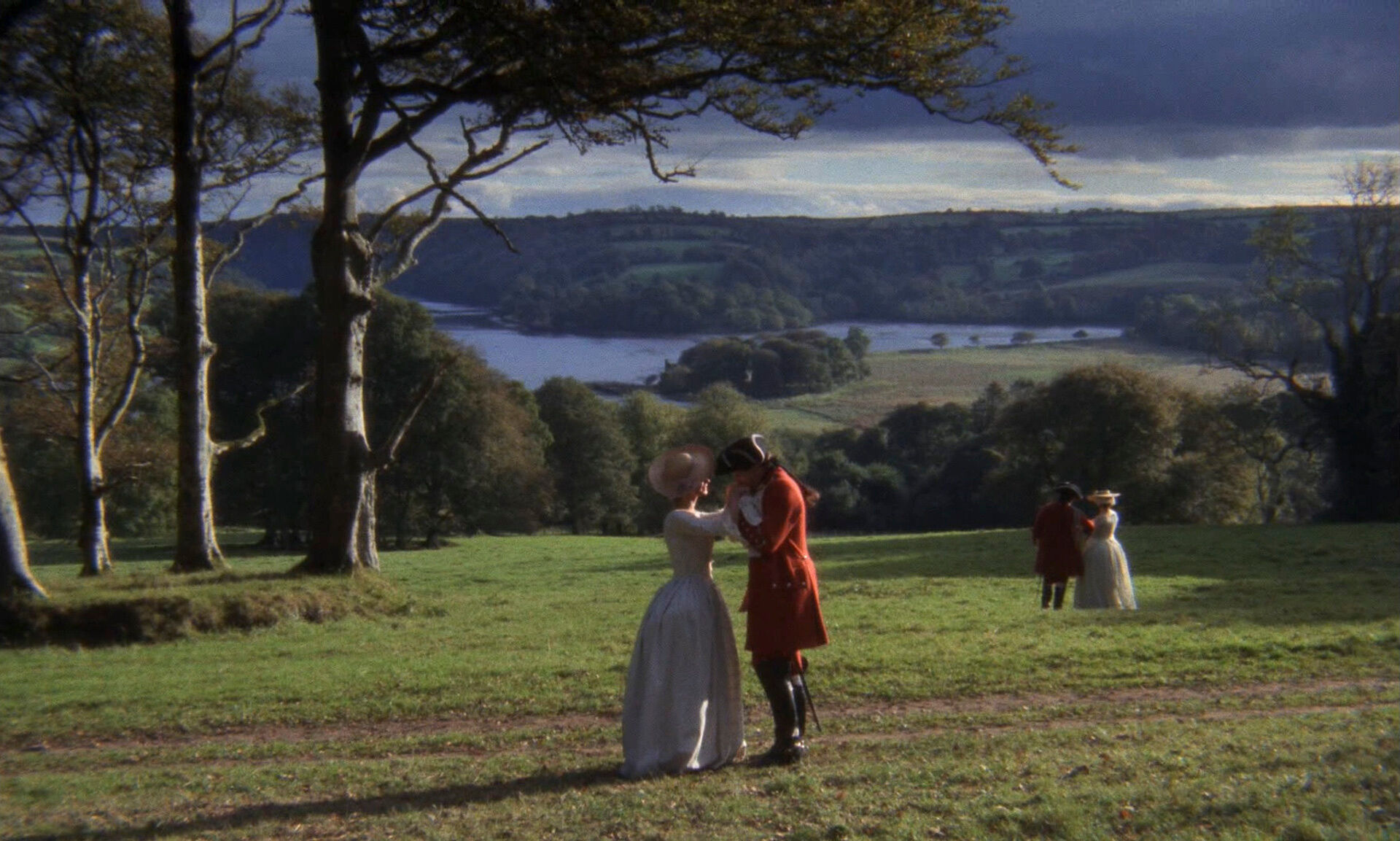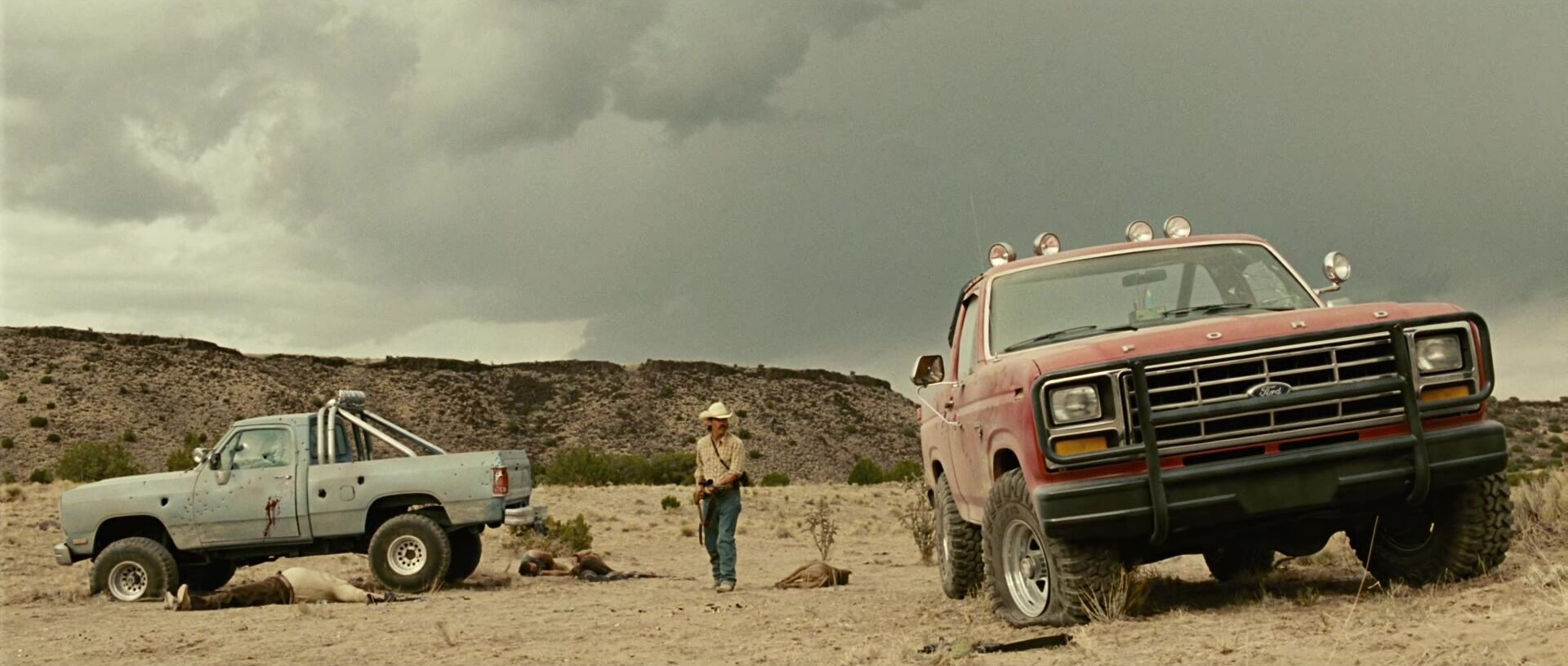home → Camera Movements → Static Shot
Static shot definition
What is a static shot
What are static shots in film?
A static shot is a shot without any camera movement. A static shot camera stays still, not moving during the shot. Static shots can also be called a fixed shot, a locked-off shot, or an immobile shot. While things inside the frame can move (for example, the actors, props, or weather), the camera itself stays still. Static shots are always devoid of movement, allowing the viewer to focus on the frame and really study it.
Static shot film examples
Static shot examples
It’s helpful to see an example of a static shot to understand how it impacts a story. Browse this curated selection of static shots to get a sense of their uses across films.
Establish context
Show character dynamics
Create tension
Emphasize a character’s emotions
Uses
What does a static shot convey?
A static shot can convey many things, but the most important aspect is its stillness. Static shots are thus used when the story requires a moment for the audience to take something in, be that a character revelation or a new setting.
Set the table
Static shots are still, allowing viewers to take in the frame and understand the context of the scene in full.
Show deep emotion
Static shots can hold on a character, giving insight into their emotions during pivotal story points.
Convey relationships
Static shots can show how people feel about each other. For example, a static shot of two people looking into each other’s eyes deeply might convey that they are falling in love.
Provide visual variety
Sometimes static shots are used in a playful way to create a theatrical feeling, and provide a change of pace from other types of shots.
Static shot meaning
Static shots vs. Dynamic shots
What is the difference between a static shot and a dynamic shot? It’s actually pretty simple! Dynamic shots are shots where the camera moves. Static shots do not move. In this way, you can sort of think of dynamic and static shots as opposites. A dynamic shot cannot be static, and vice-versa.
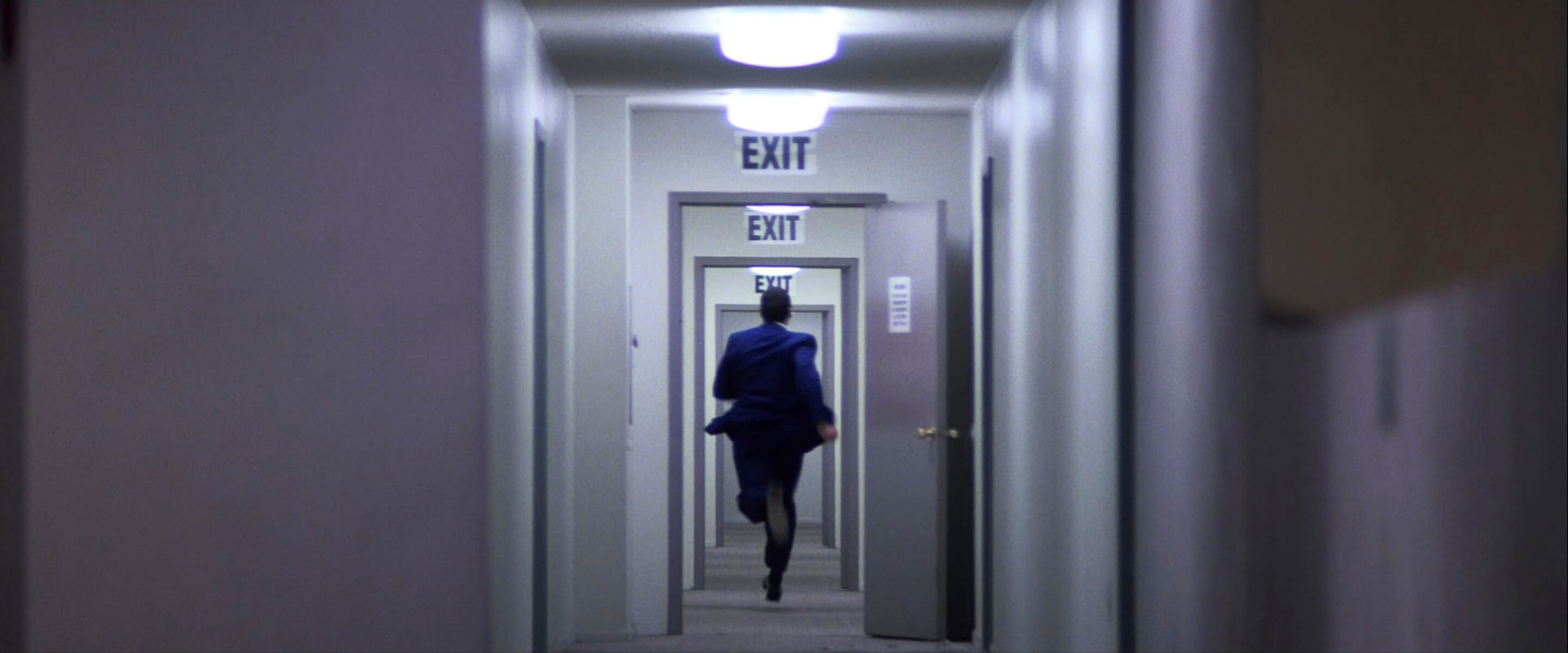
Case Study
Shot listing a Static Shot
To get a more filmmaker's understanding of how to use a static shot, let's look at a specific example from Celine Song’s “Past Lives.” In the scene below, Song uses a static shot to show two past lovers reuniting after years apart.
Click the shot list below to take a closer look at the entire scene.
There are many ways to use a static shot.
Let's dive into the creative applications of a static shot when paired with other types of shots.
Unexpected combos
How can you use a Static Shot with other camera techniques?
Types of Static Shots
Static shots are a versatile addition to any filmmaker’s visual language. While impactful on their own, they gain even more power when paired with other techniques. Here are some creative ways static shots can be combined with different cinematic approaches:
- Establishing shot or wide static shot: This type of static shot gives a broad view of the scene, so it is often used as an establishing shot to give context.
- Full shot: This static shot shows the subject’s full body.
- Medium shot: This type of static shot frames the subject from the waist up.
- Close-up: This type of static shot Focuses on the subject's face or a specific detail.
Frequently asked questions about the static shot
A static or fixed shot is a type of shot where the camera doesn’t move.
In a static shot, the camera stays still. In a dynamic shot, the camera moves.
Static shots are often used for intense character moments and to convey emotion. They allow the audience to study the frame and get insight on a character’s emotional state or key plot points.
A static shot can be used with any number of other types of shots, such as close-up, wide, high or low angle, or tilted. As long as the camera does not move, the shot is static.
